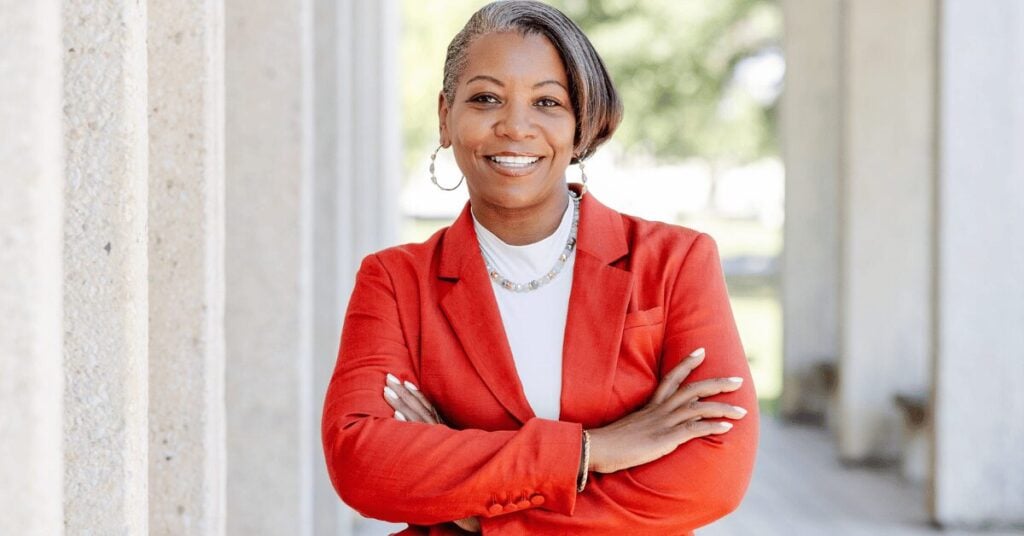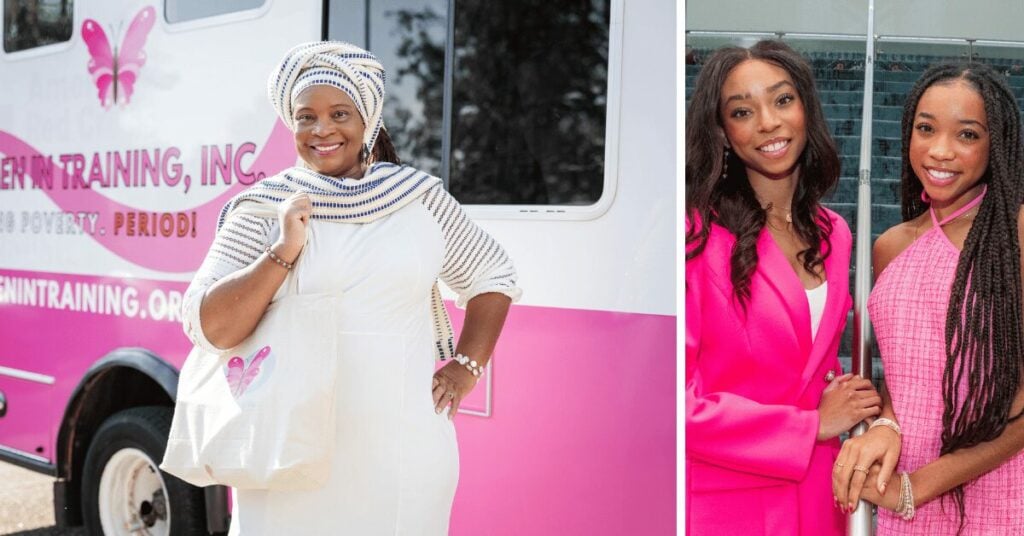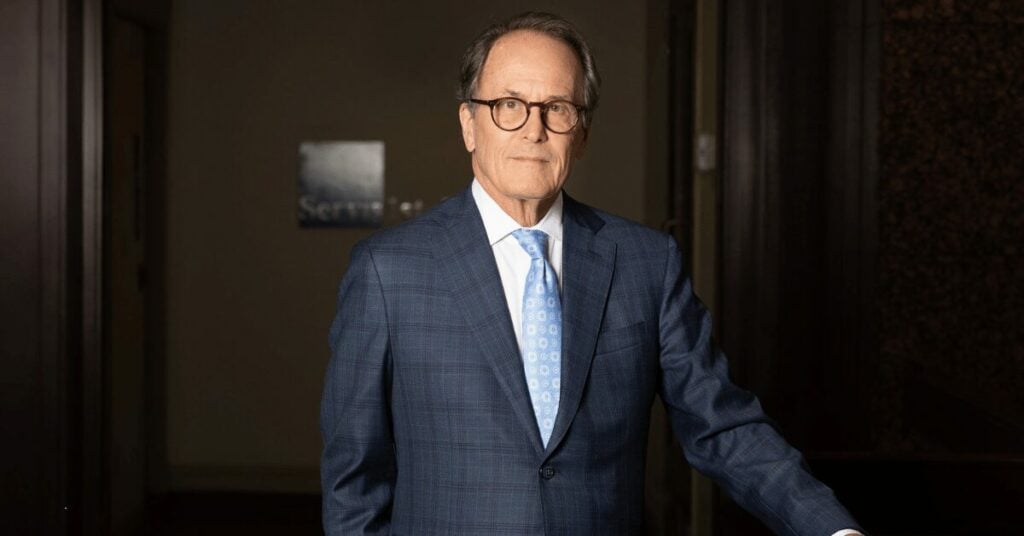Princess Cuthrell Tyson, a proud U.S. Air Force veteran who dedicated 22 years of her life to serving her country in various capacities. Married to Robert Tyson, she is the mother of three young adults, Vincent, Ahriana and Devin. Tyson joined the Air Force in September 1991, initially without a clear plan after high school. However, her military career became uniquely diverse, starting with 11 years as an enlisted Supply Specialist and later as a Paralegal. After being accepted into an Officer Training program, she earned her commission as a Second Lieutenant from East Carolina University. Her officer career included roles as an Intelligence Officer for the F-22 Raptor, a Program Manager, and a Senior Academic Leadership Instructor at the Air Force’s prestigious Squadron Officer School.
TRANSITIONING FROM MILITARY TO CIVILIAN LIFE
I joined the military when I was 17 years old. At the time of retirement, I had never held a real job prior to joining the military. So the military was all I knew. The biggest challenge I faced during my transition was discovering (not even rediscovering) who Princess was outside of the uniform. How did your military experience prepare you for life out of uniform? My military experience prepared me to boldly face and embrace new opportunities with confidence. After moving about 10 times in twenty years to different states, I became an expert at adjusting to new environments.
CAREER PATH AFTER THE MILITARY
What motivated you to pursue your current career path after leaving the military?
I obtained my Ministry certificate and now have the ability to minister to others. The second path remains within the Air Force as I now serve as a NH-04, Branch Chief and Senior Acquisition & Information Technology Program Manager at Gunter Annex.
Have you encountered any stereotypes or stigmas related to veterans in the workplace?
In the civilian sector, the biggest sterotype I’ve encountered is individuals assuming that I was NOT the veteran. I find myself constantly stating, “I am the veteran.”
ADVICE FOR OTHER VETERANS
If you were to transition from the military to civilian life again, what would you do differently?
I would work harder to learn who I am outside of the uniform. When the uniform comes off, who am I? That’s one question I could not answer and it took a lot of tears, bouts of depression and anxiety and upward battles to discover the answer.
How important is networking and mentorship for veterans?
It is HUGE. We don’t know what we don’t know when we separate or retire. Having a community of individuals who have gone before, paved paths, figured out the answers and are willing to lend a helping hand and heart could literally be life altering and life saving.
How do you balance the need for structure and discipline from military life with the flexibility often required in business?
Aligning with organizations/business that values that need for structure and discipline. Some businesses don’t value this, and those organizations aren’t for me.
“As a Government Civilian, I dedicated and continue to dedicate my life to the Department of the Air Force. It has been 33 years, and 20 of those years were served on active duty. I am a Veteran.”
- Branch:S. Air Force for 22 years
- First Job Post-Military: Director of the Department of Defense’s STARBASE STEM program at Maxwell Air Force Base
- Most Useful Military Skill: Discipline
- Most Helpful Resources For Transition: The local Chamber of Commerce is a major one. When I transitioned, I learned so much about my local community from this organization.






